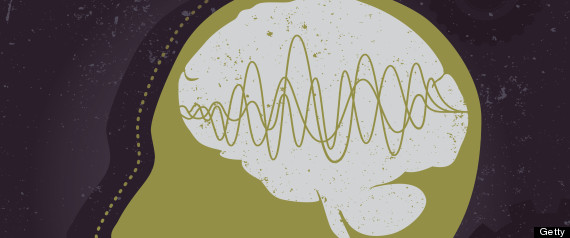
Getting too little sleep could affect the accuracy of concussion testing, according to a new study.
Researchers from Vanderbilt University found that high-school and college athletes who slept fewer than seven hours the night before undergoing concussion testing performed worse on the evaluations. They said this is important because accurate testing is vital to determining if an athlete is well enough to play again or not.
"Understanding factors which modify baseline testing, potentially including sleep, will continue to help lead to more accurate concussion testing[1] , which ultimately equips clinicians with the best judgment to avoid returning athletes to competition earlier than necessary," study researcher Jake McClure, M.D., said in a statement.
The findings, presented at the annual meeting of the American Orthopaedic Society for Sports Medicine, included 3,686 high-school and college athletes who were non-concussed. Researchers analyzed their baseline symptoms and neurocognitive scores on the ImPACT test[2] (which measures symptoms of concussion); the athletes also provided information about how much sleep they got the night before the testing.
Researchers grouped the athletes into three categories: those who had gotten fewer than seven hours of sleep the night before, those who got seven to nine hours the night before and those who got more than nine hours the night before. Teens are recommended to get a little more than nine hours of sleep each night[3] , according to the National Sleep Foundation (though eight-and-a-half hours may suffice for some).
They found that those who got fewer than seven hours of sleep the night before did worse on the visual memory, verbal memory and reaction time portions of the concussion test than the others who got more sleep; the short sleepers also had more concussion symptoms. However, there didn't seem to be any effect on short sleep duration on the processing speed portion of the test.
"Because return-to-play decisions often hinge on the comparison of post-concussion to baseline concussion scores, our research indicates that healthcare providers should consider the sleep duration prior to baseline neurocognitive testing as a potential factor in assessing recovery," McClure said in the statement.
A concussion is a type of traumatic brain injury[4] , which is often caused by some kind of blow to the head. A person does not always have to lose consciousness to suffer a concussion; other symptoms include problems with balance, memory, judgment and coordination, as well as headaches, according to the Mayo Clinic. The Mayo Clinic points out that rest is vital to recovery from a concussion[5] , and physical activity is strongly recommended against during this period.
Also on HuffPost:
References
- ^ accurate concussion testing (www.eurekalert.org)
- ^ ImPACT test (www.impacttest.com)
- ^ get a little more than nine hours of sleep each night (www.sleepfoundation.org)
- ^ concussion is a type of traumatic brain injury (www.mayoclinic.com)
- ^ rest is vital to recovery from a concussion (www.mayoclinic.com)
- ^ Send us a tip (www.huffingtonpost.com)
- ^ Send us a photo or video (www.huffingtonpost.com)
- ^ Suggest a correction (www.huffingtonpost.com)

0 comments:
Post a Comment